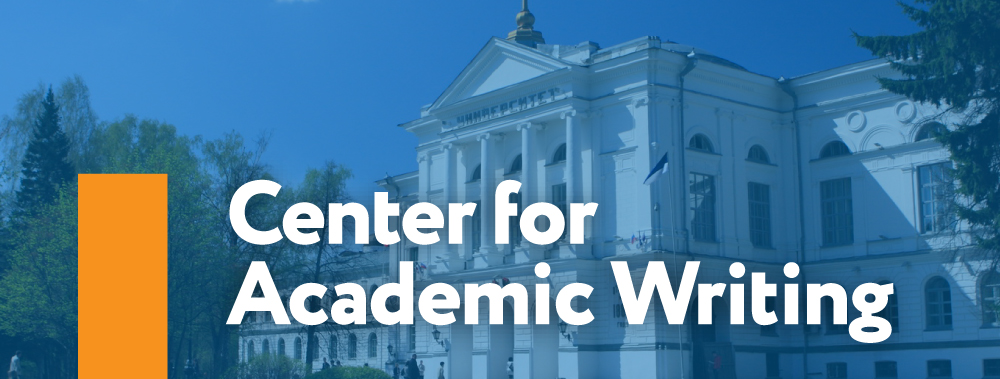RESEARCH LIBRARY
of Tomsk State University
The Library is Certified ISO 9001The Quality Management System (QMS) in the TSU Research Library in accordance with the requirements of the international standards ISO: 9000 dates back to 2003. It was then that 10 employees of the library were trained in the Siberian Certification Center (Tomsk), received a certificate for the qualification "Manager for Quality" and comprised the first make-up of the working group of quality managers (Order No. 19 /p dated 29.11.2003). Step by step the working group discussed the clauses of the standards, conducted meetings to study and adapt them to the activities of the library. Not everything was clear at once, but in order to avoid mistakes and "not to reinvent the wheel", the TSU quality management center joined in. The project on the development and implementation of the QMS was led by the head of the working group of quality managers and of the Department of acquisition and cataloging I.G. Zholobova. On January 12, 2006, the authorized organization NQA evaluated and registered the Research Library for compliance with the requirements of the BS EN ISO 9001: 2001 standard of the quality management system in the field of information and library support for research and educational activities. In 2009, the library passed a similar procedure, but this time for compliance with the requirements of the standard BS EN ISO 9001, and in June 2018 received its fourth certificate. With the introduction of the quality management system, the documentation has been revised and brought into conformity with the requirements of ISO 9001: 2015. Lists of documents and departments of the Research Library have been made in accordance with the workflow pyramid (prescribing, providing and confirming documents), policies and objectives in the field of quality have been developed. The development of the QMS of the TSU Scientific Library is currently carried out in the following areas: 1. Enhancing the role and value of QMS in the library (as part of the development strategy of the National Library of TSU for 2016-2020). 2. Increasing the effectiveness of the quality management system based on modern management tools (management by objectives, audit of functionality and effectiveness, process approach, etc.) |











